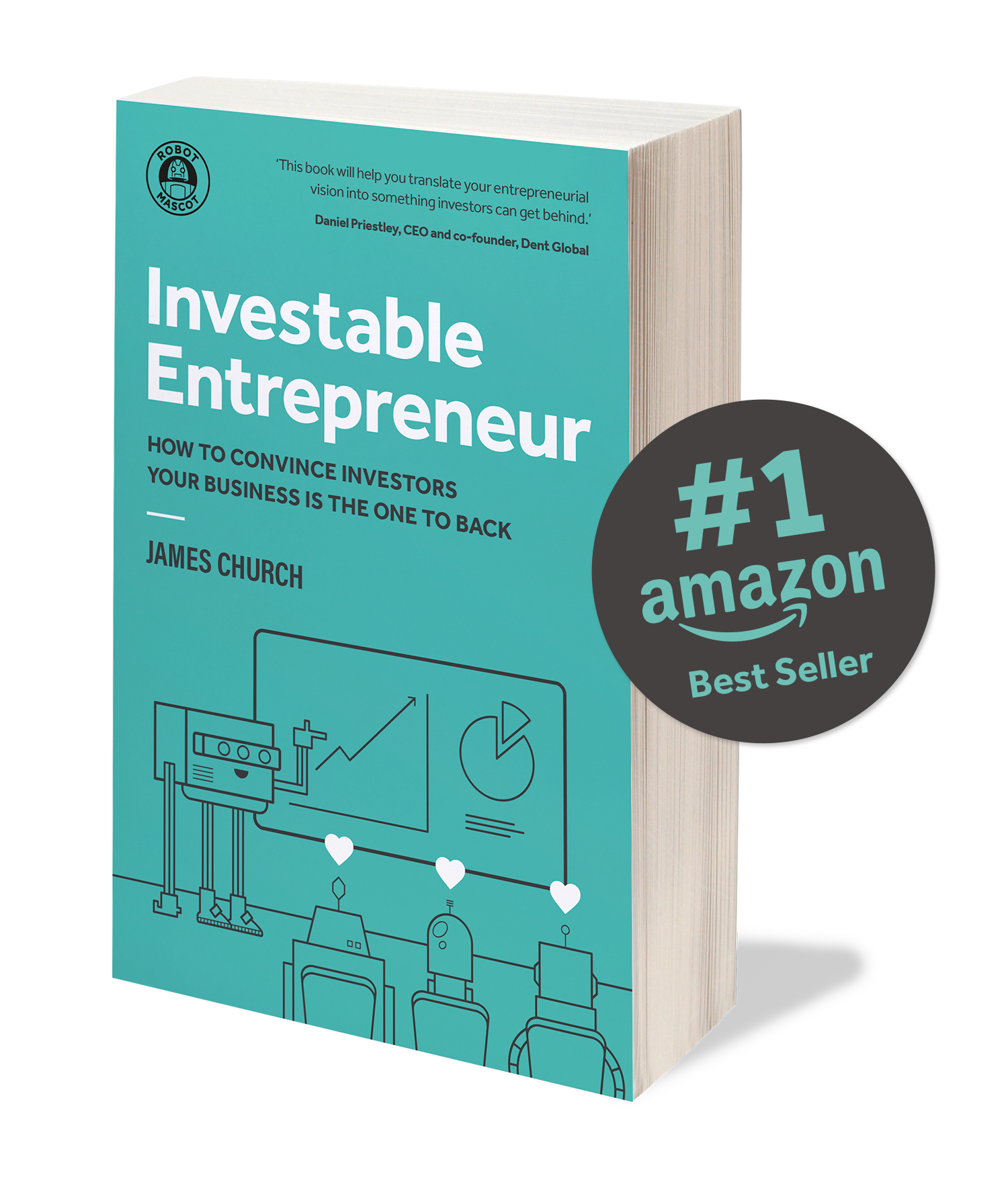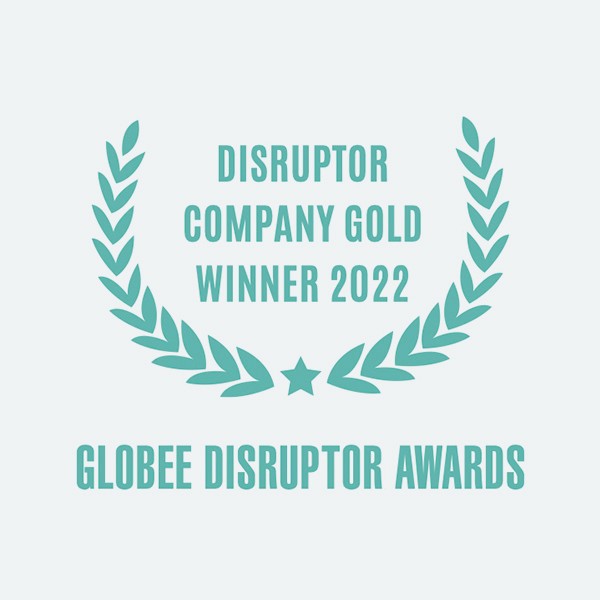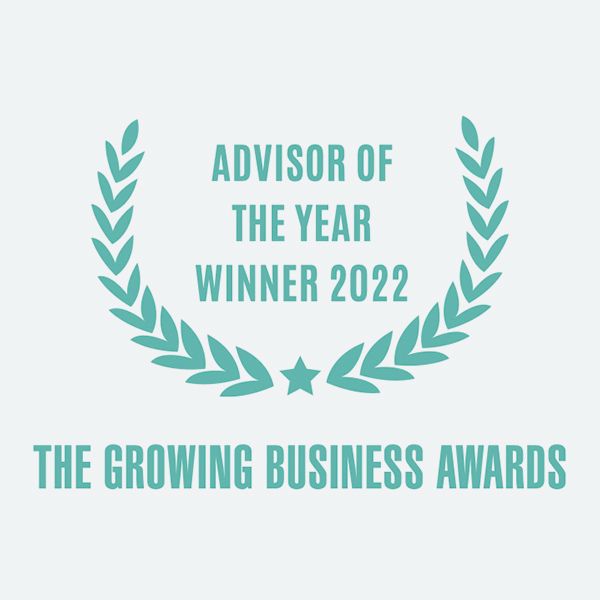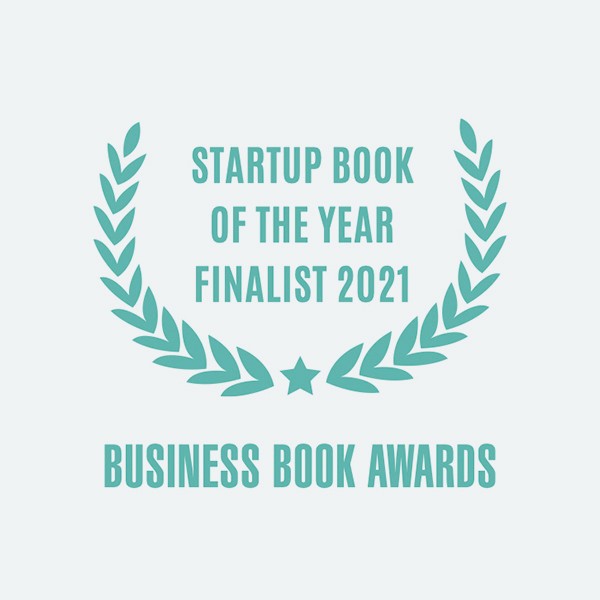

UK Pre-seed and Seed Investment Trends Report H1 2025
29th July 2025
After a tough couple of years, early-stage investment in the UK is not just recovering, it’s picking up real momentum. The downturn in 2022–2023 shook confidence and led to a sharp drop in total funding, but 2025 tells a different story. Investment is flowing again, especially into high-growth sectors like AI, health tech, and climate innovation.
In fact, the UK has re-established itself as Europe’s leading tech hub. It’s now home to a tech ecosystem worth over $1.2 trillion – a number that reflects not only market value, but the strength of its pre-seed and seed-stage pipeline.
To put it in context: in 2021, startups in the UK raised a record £21.7 billion. That figure halved by 2024, but here’s the surprising part – seed and venture-stage startups actually raised more in 2024 (£5.69 billion) than they did during the peak year of 2021 (£4.73 billion). That resilience has helped power the recovery we’re seeing today.
“Innovative businesses across the UK raised a total of $4.2 billion in the first quarter of 2025. This represents an 8% rise compared to the same quarter in 2024. It’s also the highest amount raised in the first quarter since 2022.”
Tech Research Online
So, what’s behind the bounce? A combination of factors: investor confidence is growing, tax incentives like SEIS and EIS remain attractive, and startup-friendly funding instruments like Advance Subscription Agreements (ASAs) are giving founders more flexibility. As global capital returns with more selectivity, the UK’s ecosystem – led by London but increasingly regionally distributed – is seeing larger cheque sizes and stronger early-stage pipelines.
Yes, there are still challenges – especially in later-stage markets – but for early-stage founders, 2025 marks a fresh opportunity. The UK isn’t just getting back on its feet. It’s building momentum for the next wave of growth.

Rebounding Investment Activity in H1 2025
Key metrics underline the strengthening recovery in early-stage equity funding so far in 2025. Table 1 summarises a few headline indicators:
| Metric | Value | Trend/Note |
| UK tech VC funding, H1 2025 | $7 billion | Strong start; record first-half momentum |
| UK VC funding, Q1 2025 | $4.2 billion | +8% YoY (highest Q1 funding since 2022) |
| Seed-stage deals share, 2024 | 32% of all deals | More than 2× the share in 2021 |
| UK VC funding, 2025 | 12% annual growth | With France, Central Europe and DACH projected to decline |
| Climate tech VC funding, 2024 | £4.5 billion | +24% YoY (defied global decline) |
| SEIS funds raised, 2023–24 | £242 million | +51% YoY (2,290 startups; scheme expanded) |
The data highlights an uptick in funding and deal sizes in 2024–H1 2025, indicating positive momentum for early-stage (pre-seed/seed) investment.
Sources: Beauhurst, Crunchbase, PitchBook, Tech Nation, PwC, HMRC.
Startup investment trends H1 2025
- UK startups raised c. $7 billion in H1 2025
- This marks a powerful start to the year and signals a rebound in early-stage VC activity following the 2022–23 downturn.
- Q1 2025 saw £3.7–£4.4 billion invested, up 8% year-on-year
- The strongest Q1 since 2022 suggests momentum is returning and that investor confidence is building again.
- Average deal size increased, despite fewer total deals
- VCs are favouring quality over quantity – they’re backing fewer startups, but writing bigger cheques, especially for high-potential companies.
- UK startups received ~33% of all European VC funding in 2024
- The UK retains its leadership position in Europe and remains a preferred destination for startup investment.
- In Q1 2025, the UK raised more VC capital than France, Germany, and Spain combined
- This highlights the UK’s continued dominance and attractiveness in a competitive European landscape.
- London accounted for 47% of deals and 60% of investment by value
- The capital remains the epicentre of the UK startup ecosystem – but that’s beginning to shift.
- The North West and Scotland showed the fastest regional growth
- A more geographically balanced ecosystem is emerging, which may help spread opportunity and reduce London dependence.
- Quarterly investment stabilised at £2 billion in 2023 and rose above that in Q1 2025
- The market appears to have bottomed out and is now on an upward trajectory – a potential inflection point.
- Investor sentiment is cautiously optimistic
- Capital is still flowing – particularly into resilient sectors like AI, health, cleantech and fintech – but investors are applying more scrutiny, especially at seed stage.
- Overall funding environment is significantly stronger than mid-2024
- Early-stage founders are operating in a more favourable climate, with better access to capital and more active investors than a year ago.
Surge in Seed Deals and Larger Cheque Sizes
One of the strongest signs of renewed investor confidence is the surge in seed-stage activity. Seed deals made up 32% of all UK VC term sheets in 2024 – more than double their 2021 share – indicating a marked shift back to early-stage funding.
Founders at pre-seed and seed levels are finding more opportunities, particularly in hot sectors or with strong traction. Round sizes have grown accordingly, with UK startups raising “bigger rounds at every stage” in H1 2025 compared to previous years. More seed deals and larger cheques mean significantly more capital is reaching young companies.
“Early-stage startups, in particular, are securing bigger funding rounds than ever before, with the median early-stage round for UK startups reaching $2m this year – up from $1.7m in 2024, and nearly double the $1.1m seen five years ago.”
Tech Nation
Several forces are driving this trend. VC funds raised during the 2019–2021 boom are now redeploying their capital into early-stage investments in 2024–2025. As later-stage valuations corrected in 2022–2023, investors shifted to seed rounds with more attractive entry points. Meanwhile, interest in emerging technologies like AI has sparked more activity from specialist seed funds and angels.
“Seed deals as a percentage of total deals have more than doubled since 2021”
Alison Swersky, Sifted
In Q1 2025, the UK saw over half a dozen £50M+ “mega-rounds”, boosting average deal sizes across the board. While these outlier rounds reflect later-stage momentum, they signal a wider return of investor confidence, including at seed. That confidence is translating into bigger cheques for fewer companies. Supporting this, PitchBook data shows median Series A valuations held steady in Q1 2025 – a reassuring sign for seed-stage founders, as stable valuations help avoid downward pressure on earlier rounds.
High-Growth Sectors Driving Early-Stage Optimism
Across the UK’s tech landscape, certain sectors are shining especially bright and attracting a large share of early-stage investment. Investors are keen to back high-growth areas with transformative potential, and this is reflected in funding trends over 2024 and early 2025. Below we spotlight a few key sectors powering the positive narrative:
Artificial Intelligence (AI)
The frenzy around AI is a major catalyst pulling VC capital back into the market. In 2024, an estimated 48% of all venture investment went to AI-powered companies – an astonishing figure that underscores AI’s dominance in investor focus. In the UK, AI startups have been closing some of the buzziest seed deals. Term sheets for “pure AI” ventures (e.g. generative AI, large language models) jumped to 14% of all UK VC term sheets in 2024, up from 9% the year before. Importantly, competition among VCs for the best AI deals means many of these startups are getting founder-friendly terms (e.g. investors accepting non-participating preference shares at 95% frequency in AI deals vs 88% in other tech).
“This level of interest [in AI investment] marks a third consecutive quarter of growth for companies that leverage AI.”
Silicon Valley Bank
Big recent raises – such as autonomous driving startup Wayve’s $200M+ rounds – show that AI companies can command large seed and Series A checks. AI is viewed as a paradigm-shifter, and both generalist funds and specialised AI funds are eagerly seeding the next generation of AI innovations. This AI fervour is expected to continue propelling early-stage funding through 2025.
Climate Tech (Cleantech)
UK climate tech startups are experiencing a boom in investment, providing a green tint to the early-stage recovery. In 2024, funding for UK-based climate tech companies surged to £4.5 billion, a 24% increase from the prior year. This is particularly remarkable given that global climate tech funding fell nearly 30% in the same period – the UK notably defied global trends and emerged as a leading climate innovation hub. A big driver has been the intersection of AI and climate solutions: UK “AI for climate” startups saw 128% growth in funding (to £1.01 billion) in 2024, representing roughly 22% of all global investment into AI climate tech.
“UK-based investors have channelled £2.4 billion into domestic climate tech companies, marking a 7% rise in investment volume.”
PwC
From autonomous electric vehicles to smart energy systems, these startups are pulling in large seed and Series A rounds. Investors are enthusiastic about climate tech not only due to its societal importance but also thanks to strong government commitment to a low-carbon economy and supportive policies. With the UK positioning itself as a global powerhouse for climate innovation, we’re seeing robust early-stage dealflow in cleantech and sustainability-focused ventures. This sector’s momentum is poised to carry forward, buoying the overall investment landscape.
Health Tech & Life Sciences
Healthcare and life sciences startups are another high-growth area regaining favour. In Europe, health/biotech was the #1 sector for VC investment in 2024 (over $11 billion deployed) and the UK – home to the renowned “Golden Triangle” of medical research (Cambridge> Oxford > London), claimed a large chunk of that. The start of 2025 brought several massive UK biotech financings (e.g. Isomorphic Labs’ £448m round, Verdiva Bio’s £327m round) helping healthcare lead UK VC activity in Q1. According to one report, UK health tech startups actually led VC funding in Q1 2025, raising around $1.8 billion, outpacing traditionally dominant sectors like fintech.
“UK health tech firms [are] thriving and attracting near-record investment, driven by AI innovations transforming the sector and unlocking exciting new possibilities”
Simon Bumfrey, HSBC Innovation Banking UK
Early-stage investors are excited by breakthroughs in areas such as biotech, digital health, and medtech devices. The revival of interest in UK life sciences is also attracting foreign capital; U.S. investors are increasingly drawn by Britain’s track record in healthcare innovation. Seed-stage deals in biotech and health AI are benefiting from this trend, often securing capital even amid general market caution. With strong fundamentals (world-class universities, the NHS driving health innovation needs, etc.), health tech is expected to remain a growth engine for UK venture investment through 2025.
Fintech
UK fintech saw a cooling off after its record 2021, but it remains a stalwart sector that is now showing signs of a comeback. In 2024, UK fintech companies raised about £2.42 billion – lower than the frenzy of 2021 (£7.2B) but still substantial, and new fintech funding stabilised at more sustainable levels.
By late 2024 and into 2025, fintech has come back into favour with VCs. Easing interest rates and a reset of bloated valuations have made fintech startups more attractive again. We see renewed early-stage activity in areas like payments (e.g. London-based lender Abound raised £500m in debt & equity in 2024), digital banking, and “fintech infra” plays. Moreover, fintech is converging with other hot areas – for instance, fintech companies are integrating AI and blockchain to enhance their services, sparking investor interest at seed stage.
“Fintech will be a defining part of our growth over the next 10 to 20 years. We see a lot of disruption in that space.”
James Codling, VolutionVC
The UK’s status as a global fintech hub (ranked #2 worldwide in fintech VC investment as of 2024) ensures that early-stage fintech firms can usually find backing. While not as red-hot as AI or climate tech, fintech remains a key pillar of the UK startup scene, and its steady deal flow contributes to the overall positive outlook.
Other sectors worth mentioning include:
- Deep Tech (such as advanced electronics hardware, quantum computing, etc.), which continues to attract patient capital – Europe’s deep tech funding has held up relatively well, only ~28% down from peak vs ~60% overall drop, indicating investors’ sustained interest in fundamental tech innovation.
- In the UK, advanced engineering and electronics startups (often university spinouts) are securing solid seed backing, aided by initiatives like InnovateUK and university funds. Cleantech (closely related to climate tech) is also highlighted as a “bright spot” in UK investment, particularly in regions like Scotland.
- Some previously hyped sectors have pulled back – e.g. blockchain and crypto-related deals fell sharply after 2022 – but this rebalancing has helped refocus capital into the above high-growth areas.
Seed Enterprise Investment Scheme (SEIS) investment volumes
One cannot talk about UK seed investment without highlighting SEIS which has been hugely influential in unlocking pre-seed capital in the UK.
READ: A UK Entrepreneur’s Guide to Government Schemes for Start-Ups
In April 2023, the government expanded SEIS significantly, raising the cap on how much a startup can receive (from £150k total to £250k), increasing the investor annual limit (from £100k to £200k), and widening company eligibility. The impact was immediate: in the 2023–24 tax year, 2,290 companies raised funds under SEIS – a 25% increase – collecting £242 million, up 51% from the prior year. This sharp jump in SEIS funding is directly attributed to the higher limits and broader access implemented in 2023. Essentially, more startups could qualify and they could raise more money each, so investors poured in additional capital at the pre-seed stage.
“…several limits that restricted the number of companies that qualified for the SEIS increased… These limit relaxations are responsible for the sharp increase in the number of companies raising funds and the amount raised.”
HM Revenue & Customs, UK Government
SEIS funding now plays a vital role in many startups’ journeys – often providing that first £150–250k that helps a company build an MVP or prove market traction. From an optimistic standpoint, the expanded SEIS means more plentiful seed capital in the UK and a stronger pipeline of investable companies. It also signals government commitment to nurturing innovation: policymakers have essentially doubled down on early-stage support, which bolsters investor confidence.
As of 2025, over 10,000 investors per year are using SEIS (10,145 claimed SEIS tax relief in 2023–24), and this number is rising. The Enterprise Investment Scheme (EIS) – for later-stage seed and Series A investments – offers 30% tax relief and has likewise supported thousands of deals annually. Although EIS saw a slight dip in 2023–24 (likely as more very-early companies opted for SEIS), it still remains a crucial pillar for Series A funding.
The combination of SEIS and EIS creates a powerful incentive environment: private investors are encouraged to inject capital at the riskiest stages, cushioned by tax offsets. This has been a cornerstone of the UK early-stage ecosystem’s resilience and is a key reason for optimism – few other countries have such a developed scheme to continually refill the seed funding pool.
Broader Ecosystem Trends and Outlook for 2025

Beyond the raw funding figures and sectors, there are a few broader trends shaping the optimistic outlook for UK early-stage investment in 2025:
Investor Mix and “Smart Money”
We are seeing a diversification in the types of investors participating in seed rounds. Traditional VC funds remain active (though some generalist funds pulled back in 2023, many are returning to deals now), but importantly non-traditional investors are reemerging in early-stage deals. Corporate venture arms, family offices, and even crossover hedge funds have increased their participation in UK VC rounds in Q1 2025. While still below the peak frenzy levels, their presence provides additional capital sources and often strategic value.
Likewise, US-based investors have not lost interest in UK startups – in fact, nearly 28% of UK VC deals (by value) involved US investors in early 2025, the highest rate in Europe. This influx of “smart money” from diverse sources signals confidence in UK startups and injects global expertise and partnerships at the seed stage. Founders stand to benefit from this broader investor pool, translating into more funding options and potentially higher valuations for quality companies.
Exits and Next Funding Stages
While IPOs remain scarce (the IPO window is still narrow in 2025) there are positive signs in the exit market that bode well for early-stage investors. After a dormant 2022–2023, VC-backed exits rebounded to £2.3B in Q1 2025 in the UK, mainly through acquisitions. High-profile exits like Google’s £1B+ acquisition of AI startup DeepMind’s spinout or the sale of fintech Freetrade for £150M+ have shown that successful outcomes are achievable even in a cautious market This is important because strong exits recycle capital and validate investors’ bets, encouraging them to plow more money back into new seed deals.
Additionally, the bottleneck of seed companies awaiting Series A is starting to ease. With the market picking up, it’s expected that more of the backlog of 2021–22 seed-funded startups will be able to raise Series A in 2025. Early-stage investors are optimistic that growth funding will loosen up (helped by the possibility of lower interest rates later in 2025), providing a bridge for today’s seed companies to become tomorrow’s scale-ups. In short, as the venture funnel unclogs at the next stages, it reinforces confidence at the base – investors can back pre-seed startups now knowing that the path to Series A and beyond is improving.
Policy Environment and Support
The UK government and financial institutions continue to actively support the startup ecosystem, further boosting optimism. Aside from the SEIS/EIS enhancements, initiatives like the British Business Bank’s programs and newly launched funds (for example, dedicated funds for R&D-intensive sectors and regional funding schemes) are providing additional capital to underserved areas. There is also an ongoing push to unlock more institutional capital (pension funds) into VC, which, if realised, could significantly enlarge the pot of funding available for UK tech companies.
All this is set against a backdrop of the UK maintaining a top-three global VC market position and the government promoting innovation as a key economic driver. Founders today feel that the “ecosystem is more collaborative and energised than ever,” as one founder put it – with talent, capital, and policy alignment all moving in a positive direction. This supportive environment underpins the forward-looking optimism: stakeholders widely recognise that the UK has “all the right ingredients” (world-class talent, vibrant hubs, supportive policy) to continue its tech leadership.
A story of the future
Looking ahead to the rest of 2025, the tone is optimistic and undeniably brighter than a year ago. Here’s why, in short:
- Context and turning point
- The UK early-stage market has bottomed out and is now in recovery, according to venture analysts.
- H1 2025 saw more capital, larger deals, and strong sector growth, setting an upbeat tone for the rest of the year.
- Drivers of momentum
- Early-stage capital is flowing, supported by SEIS and renewed investor appetite, helping founders scale faster.
- High-growth sectors like AI, climate tech, and health are attracting major investment and positioning UK startups as global leaders.
- A transformative opportunity
- Investor excitement around AI and deep tech mirrors the post-2008 mobile boom, suggesting a new wave of long-term growth
- If trends continue, 2025 could mark the start of a sustained upswing in venture funding, led by pre-seed and seed deals.
- National alignment and outlook
- The UK ecosystem is cohesive and well-supported, with thriving hubs, growing regional centres, and strong policy alignment.
- Stakeholders across the UK are backing founders with shared purpose; as Tech Nation put it, “it takes a tech nation”
What Does This Mean For Founders Seeking Investment?
“The outlook for 2025 into 2026 looks promising. There are six things founders can focus on now to take advantage of the H1 2025 trends.
1. Raise sooner rather than later
If you’re at pre-seed or seed stage and have some traction, start your raise now. Don’t wait for “perfect timing” – moving early gives you more investor attention and less competition.
2. Adapt to investor selectivity
Investors are funding fewer startups, so be prepared to demonstrate clear market validation, a strong team, and capital efficiency. Hone your pitch and tighten your metrics to stand out.
3. Position ahead of the capital influx
Interest rate cuts expected in early 2025 could bring more funding into the market, and more founders with it. Secure your round now to avoid getting lost in the crowd later.
4. Don’t underestimate the Series A bar
The median Series A company now has 75% more revenue than in 2021. Pre-seed and Seed stage founders should plan a longer runway and sustainable growth to ensure future attractiveness to A-round investors..
5. Avoid the bridge round trap
Many startups are stuck raising small extension rounds to survive. Raise enough now to comfortably reach the next milestone – don’t rely on a future top-up to get you there.
6. Get ahead while others wait
Even if your peers are hesitating, moving now can secure you better terms and investor attention. Be the founder who raises before the wave hits… not during it.
Founders that align their pitch to these actions stand the highest chances of securing capital in the next 18-months”
James Church, Robot Mascot co-founder and author of Investable Entrepreneur
Claim your Free Copy of Investable Entrepreneur
Investable Entrepreneur takes you through our winning methodology – the process we use to increase our client’s chances of raising investment by more than 30x.
“This book will help you translate your entrepreneurial vision into something investors can get behind.”
Daniel Priestley, CEO and founder, Dent Global and four times best-selling business author

Keep up to date with what we’re up to via email






Copyright ©Robot Mascot Ltd. All rights reserved.




